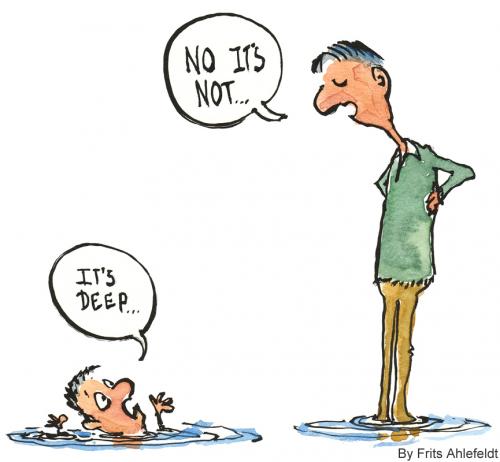which is the truth
After reading the review of “Race and Reunion: The Civil War in American Memory”, the book sounds interesting to me. Author, David Blight mentions that there are different memories about Civil War caused by the political motivation. For instance, in “emancipationist view, the war is bringing a rebirth of the republic in the name of freedom and equality, but reconciliationist memory is to emphasize what the two sides shared in common”. He says that “race” is an important fact for politician to modify the truth of Civil war in American memories and illuminate that the history we learned is a bias made of the ‘winer’. Therefore, I think reading the book will benefit to everyone.
The other example is Nanjing Massacre. This is a sad memory for everyone. 18 September 1937, Japanese invaded Nanjing. Japanese soldiers raped and killed 300,000 Chinese civilians during one week. Those soldiers played a game that is who kill most Chinese people and treat Chinese people lower than animals. As a result, Chinese government makes Nanjing Massacre as national disgrace and every Chinese people learn the history when they were kids. However, this unhumanized action of Nanjing Massacre was denied by the Japanese government. They stop teaching the history and eliminate the truth on textbook. Additionally, Japanese officials worship the war murders as heroes. Now, Nanjing Massacre still is a controversy between Chinese and Japanese governments.










 The book sounds pretty interesting to me. In the book review, Eric Foner says, “‘Race and Reunion’ is the most comprehensive and insightful study of the memory of the Civil War yet to appear.” It gives a lot of information to people who get to know Civil War history straight forward from text books. As a foreign student, I would be one of them. Before coming to the Unites State, I’ve only read about Civil War from the text books when I was in school, I only knew that Civil War was about Americans from the north and south fighting over slavery and trades. However, I could get more details and facts from many other books like Race and Reunion.
The book sounds pretty interesting to me. In the book review, Eric Foner says, “‘Race and Reunion’ is the most comprehensive and insightful study of the memory of the Civil War yet to appear.” It gives a lot of information to people who get to know Civil War history straight forward from text books. As a foreign student, I would be one of them. Before coming to the Unites State, I’ve only read about Civil War from the text books when I was in school, I only knew that Civil War was about Americans from the north and south fighting over slavery and trades. However, I could get more details and facts from many other books like Race and Reunion. 

 David Blight’s book,
David Blight’s book,  who is telling the event there will always be some bias. Everybody would benefit from reading such a book, because it shows us that what we learnt in the past might not be true. We all know that every person has his side of the story, and that when you put both sides together you usually get a story close to the real one. By bringing in the importance of African American’s in the Civil War we begin to learn about our history from a different lens.
who is telling the event there will always be some bias. Everybody would benefit from reading such a book, because it shows us that what we learnt in the past might not be true. We all know that every person has his side of the story, and that when you put both sides together you usually get a story close to the real one. By bringing in the importance of African American’s in the Civil War we begin to learn about our history from a different lens.







